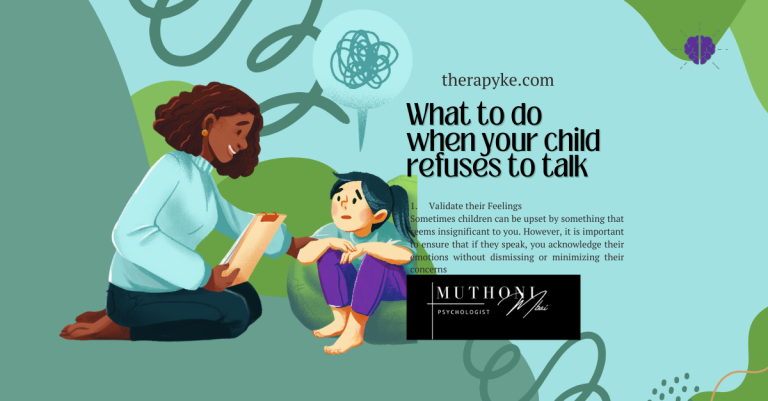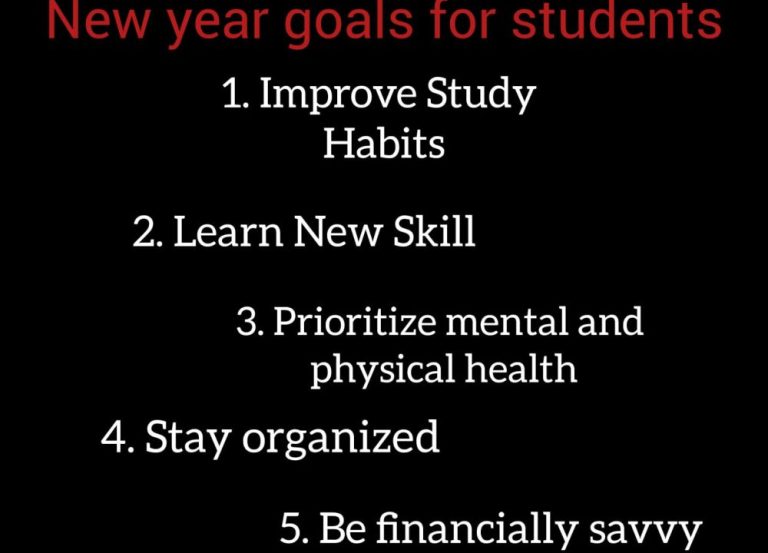
12 Interesting Psychology Facts That Can Change Your Perspective

Psychology is like a treasure chest filled with fascinating truths about the human mind and behavior. Some of these facts can surprise you, challenge your beliefs, and even transform the way you see the world and yourself. Ready to explore and change your perspective?
Here are some intriguing psychology facts that might shift your perspective with some fun examples:
12 Interesting psychology facts that can change your perspective
1. The Brain Rewrites Memories
Every time you recall a memory, your brain reconstructs it. This means your memories are influenced by your current emotions, biases, and thoughts, making them less reliable over time!
Imagine you once tripped at a party and thought no one noticed. Years later, you recall it while feeling self-conscious about something else, and suddenly your brain adds details: “Everyone laughed, and someone even recorded it!” In reality, that might never have happened—your brain just spiced up the memory!
2. The Illusion of Transparency
We often overestimate how much others can perceive our emotions. This means that even when you feel anxious or embarrassed, others are less likely to notice than you think.
Just think about it. You struggle to make a presentation because you feel so anxious. But apparently, people comment ‘I like your confidence!’
3. The Spotlight Effect
You believe people are paying more attention to you than they actually are. This bias can help you feel less self-conscious about mistakes or awkward moments.
“You’ll stop worrying what people think about you when you realize how seldom they do,” David Foster Wallace
4. The Power of Gratitude
Practicing gratitude can rewire your brain to focus on positive experiences. People who regularly express gratitude tend to feel happier and more satisfied with their lives.
Heey, how about making that gratitude list today? You’ll thank yourself later!
5. Decision Fatigue
The more decisions you make throughout the day, the less effective they become. This is why small choices, like what to wear, can feel exhausting after a long day.
6. Negativity Bias
Humans are wired to focus on negative events more than positive ones as a survival mechanism. Being aware of this bias can help you consciously focus on the good in life.
7. The Self-Fulfilling Prophecy
What you believe about yourself or others can influence actions and outcomes. For example, believing you’re capable can lead to behaviors that make success more likely.
8. Cognitive Dissonance
Your brain hates inconsistency. When your actions and beliefs don’t align, your mind works to resolve the discomfort by changing one of them—often without you realizing it.
9. Mirror Neurons and Empathy
When you see someone experiencing an emotion, your brain activates the same neurons as if you were experiencing it. This is why emotions like laughter or sadness can be contagious.
When you see someone experiencing an emotion, your brain activates the same neurons as if you were experiencing it. This is why emotions like laughter or sadness can be contagious.
10. Anchoring Bias
Your mind relies heavily on the first piece of information it receives (the “anchor”) when making decisions. Being aware of this can help you think more critically.
If the first price you hear for a phone is $1,000, suddenly $800 feels like a bargain—even if it’s still expensive. Your brain’s like, “Well, at least it’s not a thousand!
11. Social Comparison Can Be a Trap
Constantly comparing yourself to others, especially on social media, distorts reality. Remember, people often share their highlights, not their struggles.
12. The Pareto Principle
In many situations, 80% of outcomes come from 20% of efforts. Recognizing this can help you focus on what truly matters instead of spreading yourself too thin.



